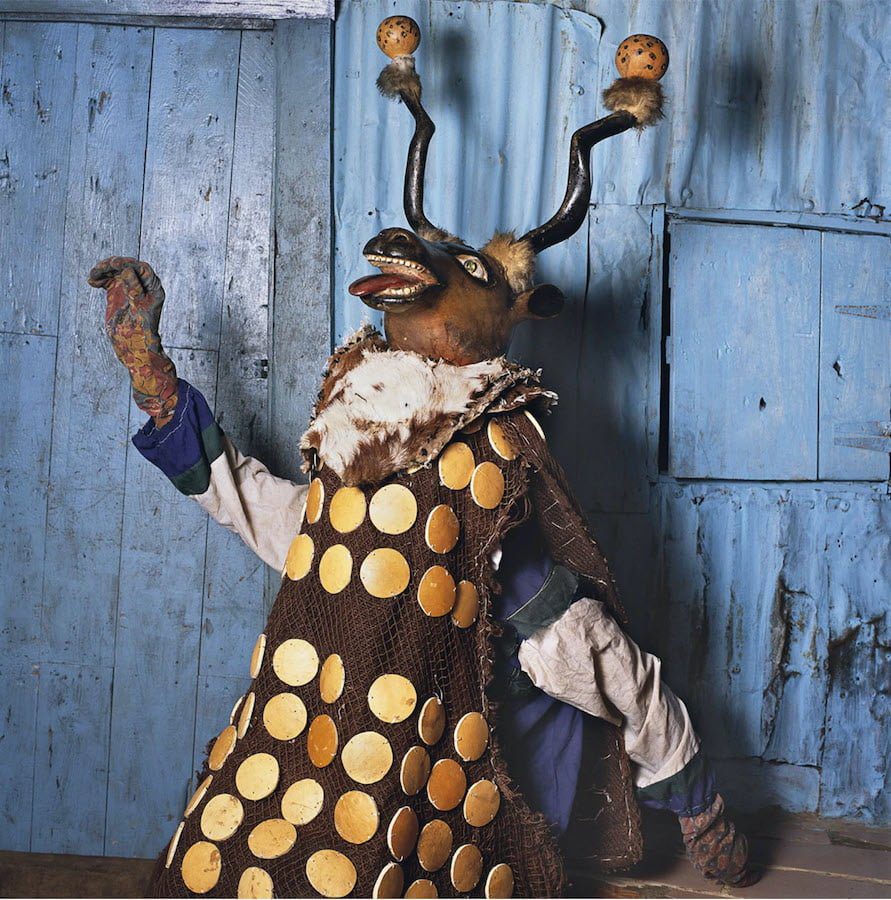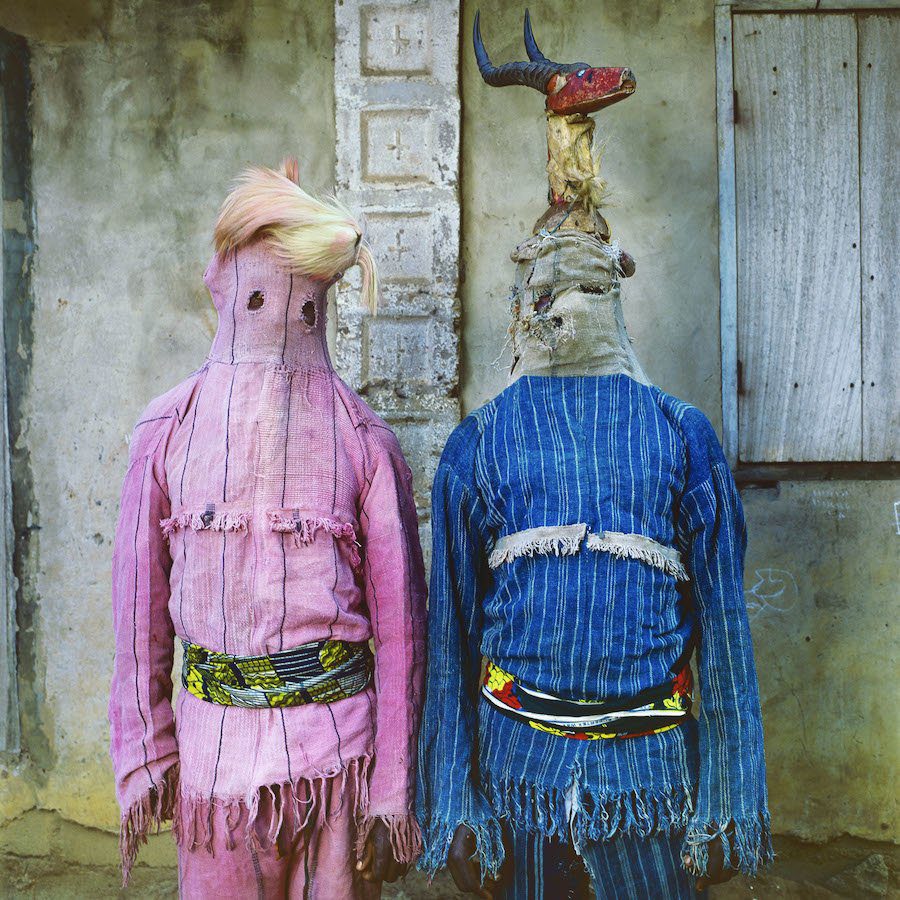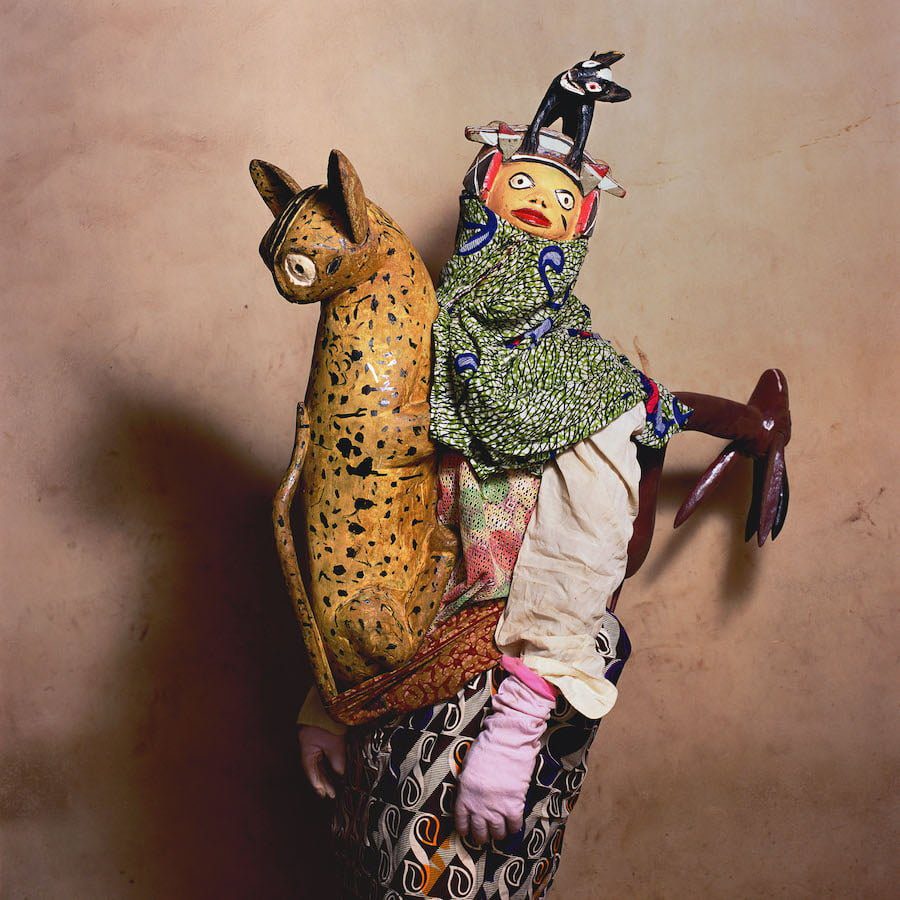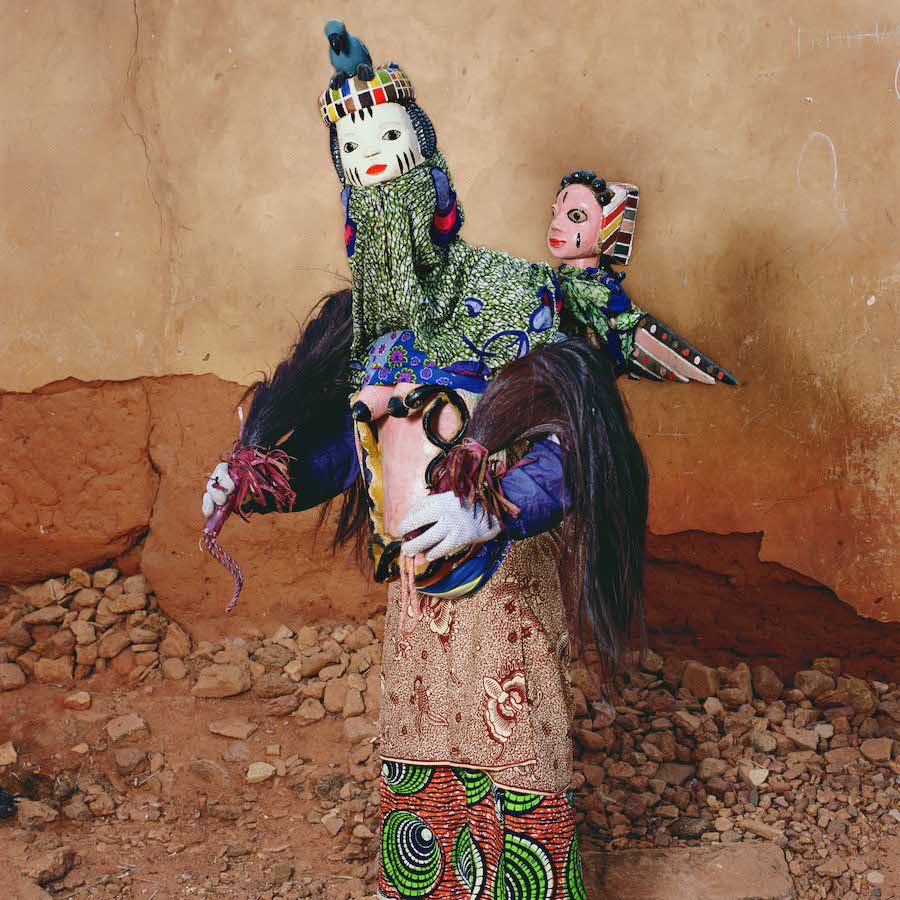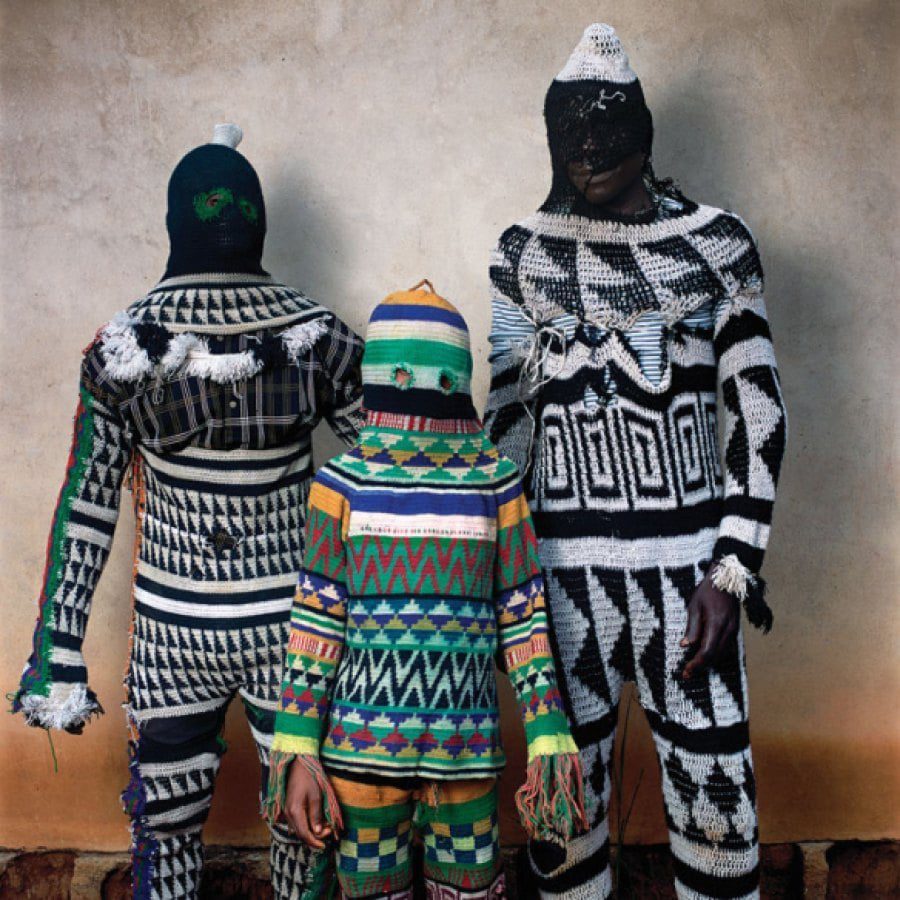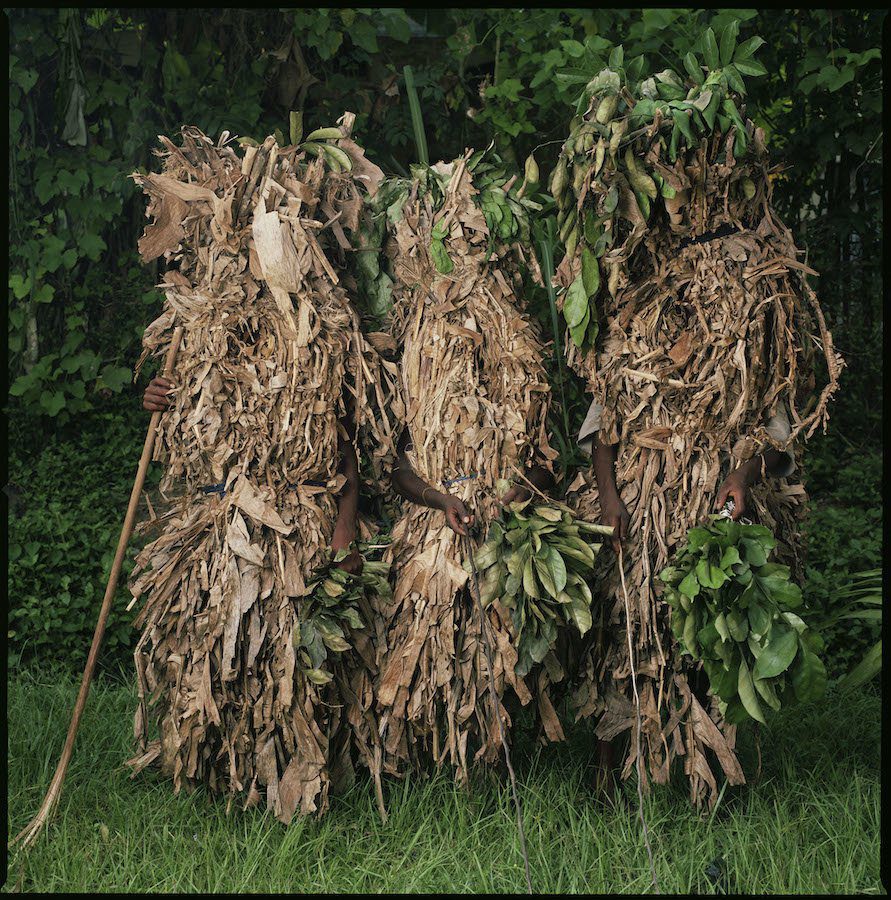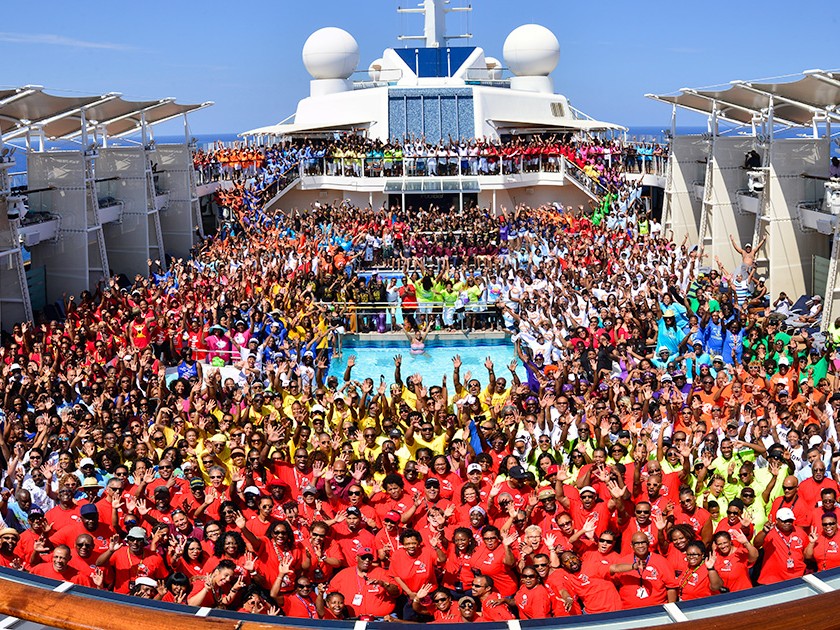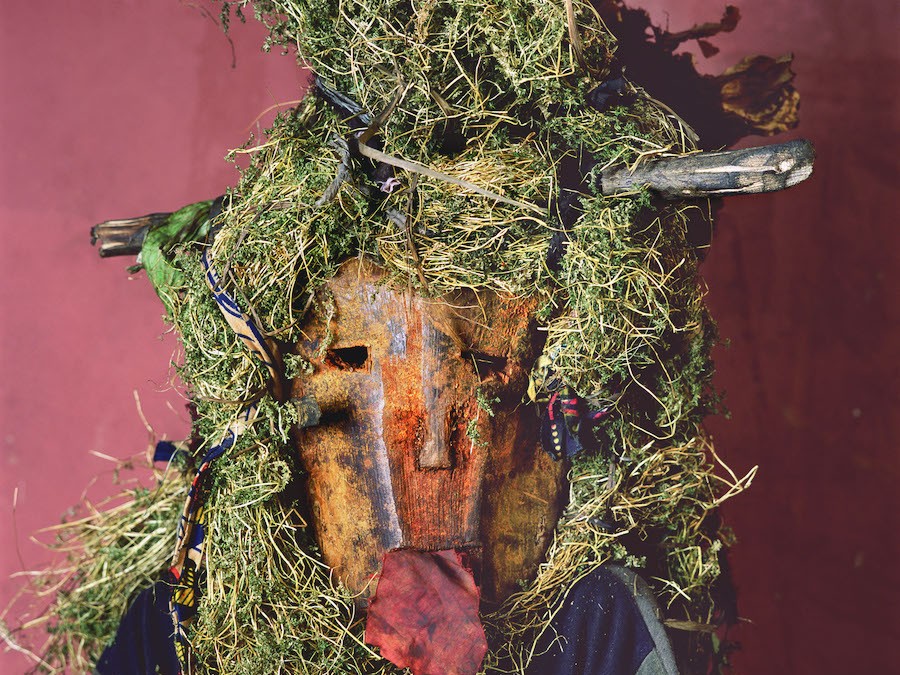Share this!
Artist Interview - Phyllis Galembo: Maske
We had the unique opportunity to ask a few questions of Phyllis Galembo about her exhibition at the Boca Raton Museum of Art. She gave more us more insight into her excitement for the exhibition as well as some of the inspirations of her works, particularly as they pertain to our African audience.
RELATED: African Masquerade Rituals and their Spiritual Realms are Unmasked at the Boca Raton Museum of Art
A prolific and accomplished artist, Galembo showcases profound work by utilizing a direct, unaffected portrait style. She captures her subjects informally posed but often beautifully attired in traditional and ritualistic dress.
Here’s what Phyllis Galembo had to say in this exclusive interview with Demand Africa:
Phyllis Galembo: First, I would like to say that I am thrilled that the Boca Raton Museum of Art has selected my photographs for this major museum exhibition. In addition to reaching all of the art lovers in South Florida, the city of Boca Raton is a tourism destination that at this peak time of the year welcomes visitors from throughout the U.S., Latin America, the Caribbean and Europe. The way that the Curator of the Museum, Kathleen Goncharov, has curated my work in their galleries is very powerful.
PG: I am also thrilled that the Boca Raton Museum of Art chose to complement my photographs with its own collection of African tribal artifacts and historical masks, in the gallery space next to my exhibition. This idea by the Museum’s Curator, Kathleen Goncharov, helps to showcase the powerful effect of the full costume, and shows this tradition is still going strong.
Demand Africa: Please tell us about your first visit to Africa. How were you changed? Where have you been after?
PG: My first visit to Africa was to Nigeria in 1985 when I was invited by a friend to document ritual clothing with a focus on the various deities such as on Olokun (goddess of the sea) and Shango (deity of thunder and lightning) among others. This work resulted in the book Divine Inspiration: From Benin to Bahia. After this, I followed the path of religion as it spread via the diaspora to Brazil to document Candomble, the Afro-Brazilian religion. For four summers I worked for Parsons School of Design in a program called Parsons West Africa where we took 30-40 students to Ivory Coast for a month. Afterwards, I was able to return to Nigeria. From there the unplanned journey continued.
DA: Tell us some ways you are connected to Africa and the diaspora.
PG: Ever since I first traveled to Nigeria in West Africa, I felt very comfortable and inspired by the culture. For over 30 years, this passion has led me to return to Africa and the Caribbean. Often my photographic work follows the diaspora. I feel fortunate to have been able to photograph in Ghana, Sierra Leone, Burkina Faso, Gabon, South Africa, Cuba, Jamaica all connected.
DA: What is one thing that impressed you about the people/society where you visited?
PG: I was very impressed by peoples’ sense of humor. I was invited to many parties, weddings, anniversaries. Despite life challenges, people seem to always find the time to celebrate. I am also drawn to the beautify of tradition as seen in ancient cultures that are still very strong.
DA: In which African country would you choose to make your home OR would you most want to visit?
PG: I don’t have any favorites, and I would love to return to all of them. Mali is one place I only visited for two weeks. Djenne is such a magical place and I look forward to one day going back. Cameroon and Congo are two other countries that I hope to visit.
DA: Does your work with African masquerades speak to any current political or social issues?
PG: Masquerades often involve political aspects. In some countries, masquerades are produced that may address political issues. In Haiti, I followed the masquerades in Jacmel for 20 years, and often they reflected the political climate. Climate change was a theme that I witnessed when members dressed as deforested trees.
DA: What do you most want to say to people reading your words right now on Demand Africa?
PG: Through my photography, I hope to share with people the creativity of people. For me it’s inspirational to see the amazing forms these costumes take. For each place I have traveled, there are always new and unique ideas that each culture creates.
About Demand Africa
Demand Africa offers 24-7 access to the largest curated collection of Pan-African TV shows, series, soaps, movies and lifestyle entertainment direct from the continent. Demand Africa goes to Nollywood and beyond to offer a deeper connection to the continent. Explore the culture, people, places and traditions of Africa and stream with IMPACT. Now streaming over 1,000 hours, with content added monthly. 60% of your monthly subscription goes to the featured creators and distributors on Demand Africa.




